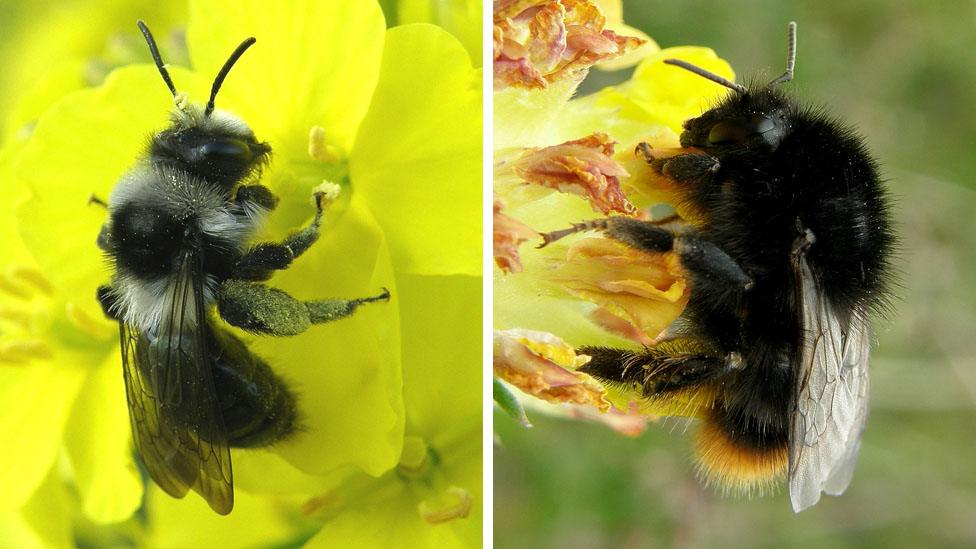Brexit: Millions of bees could be 'destroyed' over import rules
- Published
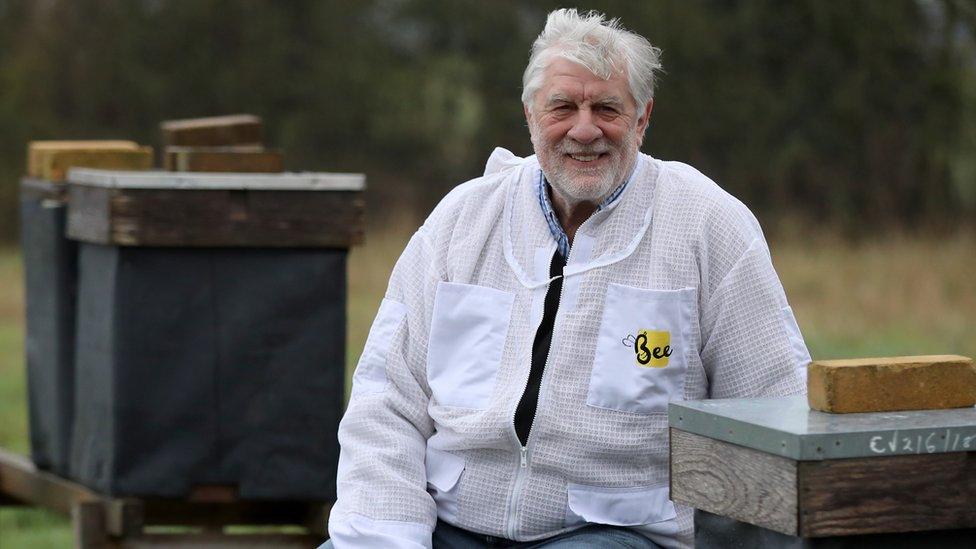
Patrick Murfet is facing a loss of nearly £100,000
A delivery of 15 million baby bees to the UK could "be sent back or destroyed" because of post-Brexit laws, the man trying to import them has said.
Patrick Murfet wants to import the Italian bees for his business, and to help farmers pollinate crops.
New laws which came into effect after the UK left the single market in January say only queen bees can be imported into Great Britain.
However, confusion remains regarding imports from Northern Ireland.
A spokesman for the Department for Environment, Food and Rural Affairs (Defra) said it will provide guidance to bee importers and beekeepers as soon as possible.
Mr Murfet, who is the managing director of Bee Equipment, based near Canterbury, Kent, said: "It's a monumentally stupid situation for a country supposed to be standing on its own two feet and exporting round the world."
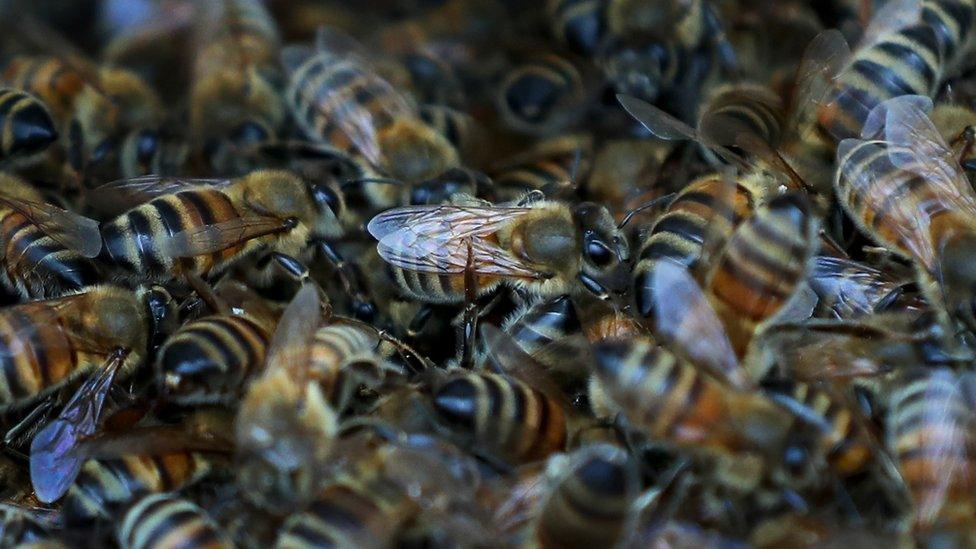
The Department for Environment, Food and Rural Affairs said it is aware of the situation
Every year Mr Murfet imports large numbers of bees from Italy, where the climate is warmer.
In an effort to avoid the import ban and abide by the new laws, he arranged for the bees to arrive via Northern Ireland in April, but said he has been told they may be destroyed if he tries.
He said his inquiries into the reasoning behind the ban have been met with a wall of silence, except an email reading: "Illegal imports will be sent back or destroyed, and enforcement action (criminal charges) will be brought against the importer."
Defra said it is aware of the issue and is working with the devolved administrations to find a solution.
It is the responsibility of the importer to ensure that goods dispatched from Northern Ireland meet the definition of NI qualifying goods or meet import requirements, they added.
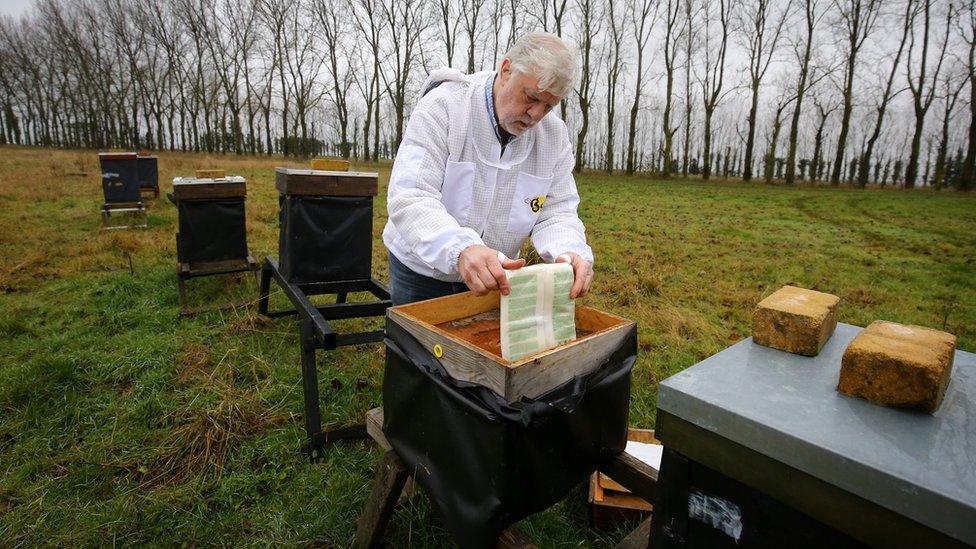
Mr Murfet describes himself as "a passionate beekeeper"
Mr Murfet has paid a £20,000 deposit for the bees and stands to lose nearly £100,000 in costs if he cannot bring them into the country.
He said: "Fewer honeybees means less pollination, less top fruits and more imports."
- Published14 January 2021
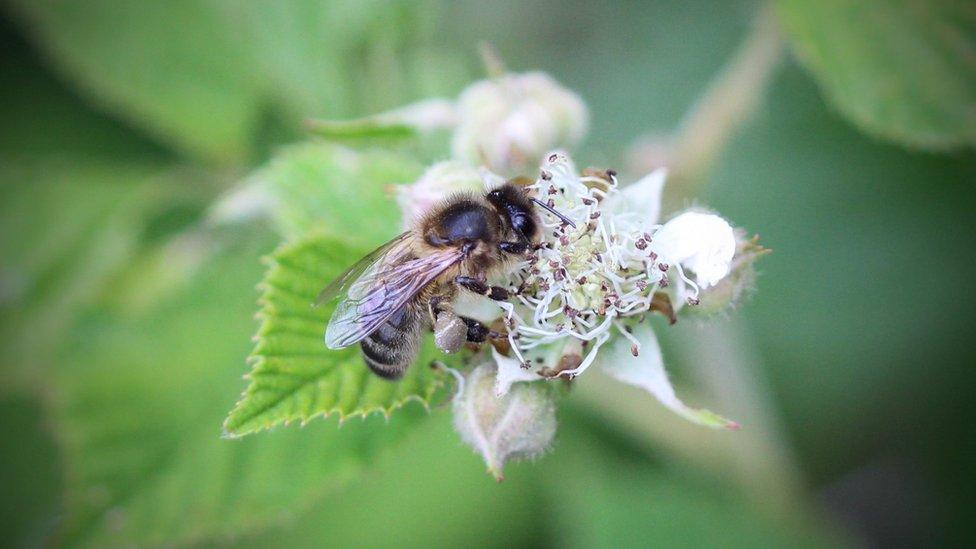
- Published20 November 2020
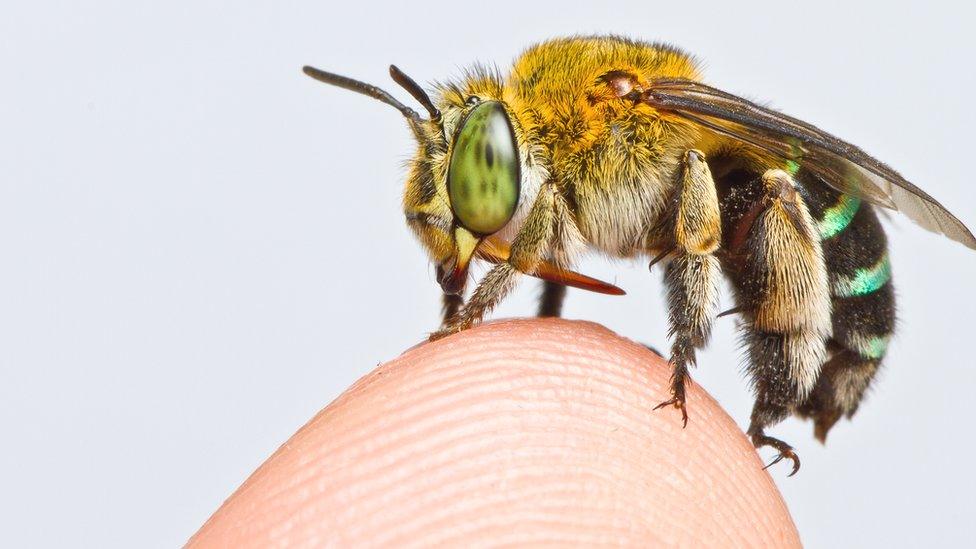
- Published26 March 2019
